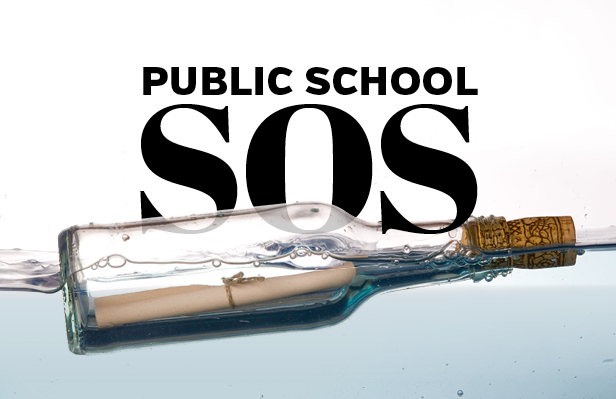Media

How to Help Harrisburg Students, Right Now
There’s plenty of fights and rule-breaking going on in Harrisburg School District. But I’m not talking about the kids: it’s the adults who perpetrate this conflict and corruption. Meanwhile, the students suffer for it.
The district has been under state oversight since 2012 due to poor academic outcomes and incompetent management. This “oversight” only meant that the state could offer advice to the district, not requirements, which did not substantially boost the quality of education. In fact, only 16.3% of high schoolers in the district are reading at grade level, and 11.1 percent of 3rd-8th graders are proficient in math.
Sub-par education is not the only problem students face. The district administration did not provide a decisive response to repeated complaints about student violence during the 2017-2018 year. As a result, over 45 teachers in the district resigned throughout the year.
Sadly, the violence has not decreased. A couple of recent incidents (January 2019) include a serious fight involving over 30 students, and over 100 students brawling after a basketball game.
Officials in Harrisburg requested a complete state takeover of the district, which became effective mid-June. Janet Samuels, who was appointed as receiver, immediately eliminated 14 positions, including the superintendent, acting business manager, and in-house solicitor. She then contracted with the Montgomery County Intermediate Unit to provide all business, operational, and human resource functions for three years.
While state takeovers have had mixed results, the community is desperate to find a proven solution for kids trapped in dangerous, failing schools. There is a better answer: state lawmakers should enact educational scholarship accounts (ESAs). These innovative accounts would empower parents to choose the best school for their children, restoring balance to a system that is presently stacked against families.
Let's not forget that wealthy families—in Harrisburg and beyond—have been choosing the best schools for their kids for centuries. An ESA program would extend that option to low- to middle-income families as well.
Currently, Arizona, Mississippi, Tennessee, North Carolina, and Florida have ESAs. Under an ESA program, the state would provide each eligible family with a restricted-use account which could be used on things like tuition, tutoring, and online classes. The system does not affect local funding, so districts are left with more money per pupil for those who remain.
We need to cater to individual students instead of school districts. The ESA program will do this immediately, and it will give students an escape from underachieving school districts like Harrisburg.